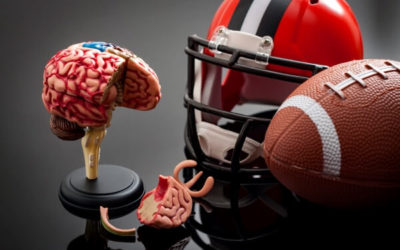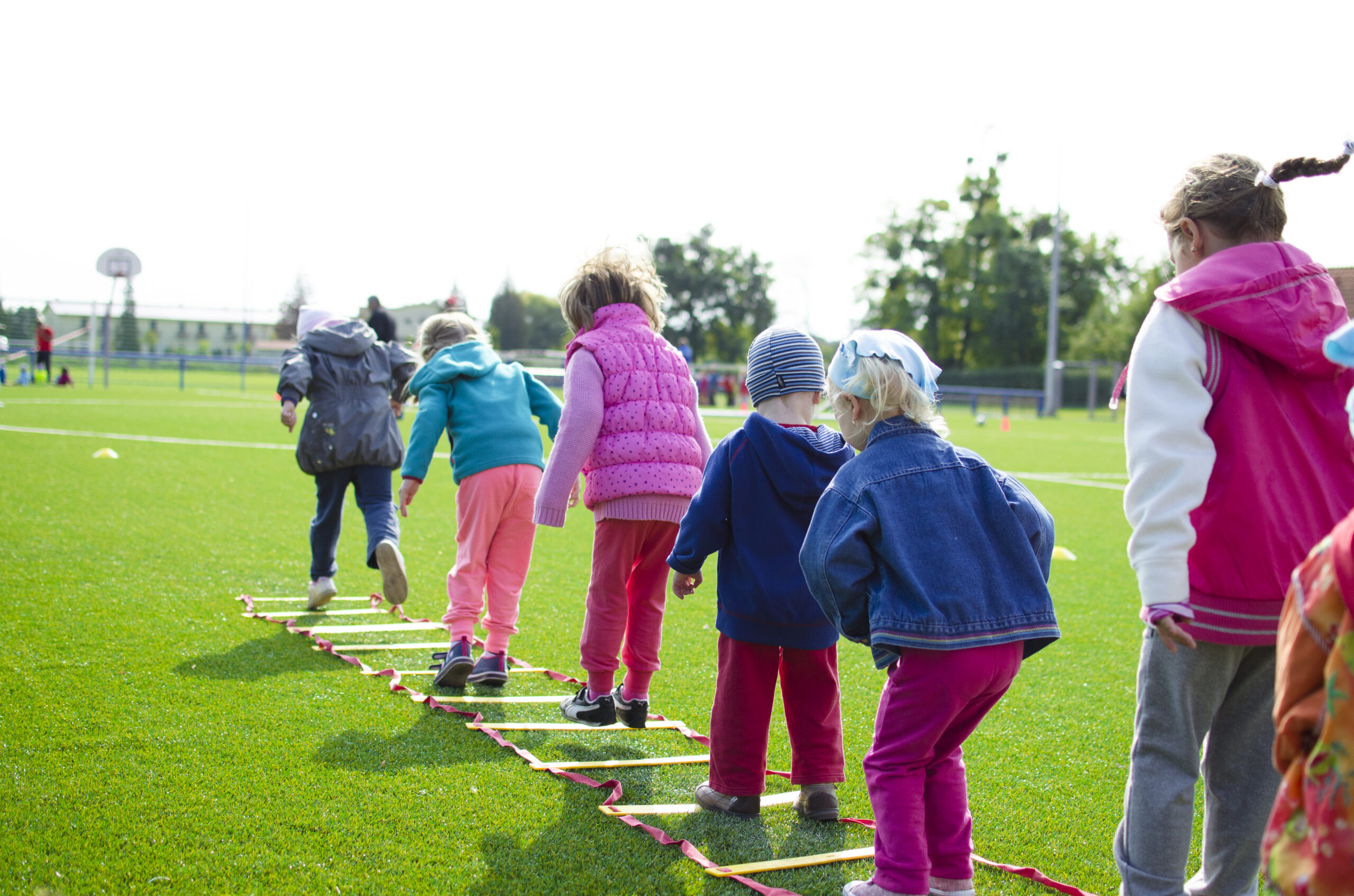New Jersey Code of Conduct Law STATE OF NEW JERSEY 210th LEGISLATURE CHAPTER 74 AN ACT concerning the establishment of athletic codes of conduct for...
New Jersey Violent Fans Law
New Jersey Violent Fans Law CHAPTER 53 AN ACT concerning assaults and amending N.J.S.2C:12-1. BE IT ENACTED by the Senate and General Assembly of...
Board of Directors Immunity Law
"Board of Directors Immunity Law" 2A:53A-7.1. Volunteers of certain organizations exempt from liability, damages a. Notwithstanding any other...
Model Policy Banning Spectators for Inappropriate Behaviors
The following model policies regarding banning a person from a school or community sponsored youth sports event are promulgated in accordance with the provisions of P.L. 2002, Chapter 74.
Model Athletic Code of Conduct
This model athletic code of conduct is promulgated in accordance with the provisions of P.L. 2002, Chapter 74.
Youth Sports Charters
Designed specifically for recreational youth sports agencies, this Youth Sport Charter is a roadmap for communities and organizations seeking to enhance the quality of their organized youth sport programs.
NJRPA Concussion Guidelines & Resources
This resource from the New Jersey Recreation and Parks Association includes a Sample Parent and Guardian Fact Sheet and a Sample Return to Play Protocol.
Including Individuals with Disabilities
Including and Coaching Individuals With Disabilities in Recreational Youth Sport Programs In community youth sport programs (vs. “travel ball”)...
NJ Little League Law
New Jersey's Little League Law (2A:62A-6 et. seq.) Provides partial civil immunity protection to volunteer athletic coaches, managers, or...
Age Appropriate Strategies for Coaching Youth Sports
Correcting errors can be intertwined with praise and support in different ways for athletes at different stages of maturity. With the very young, success can be defined so broadly that no child fails. With elementary and middle school age children, criticism can be sandwiched between statements of praise and encouragement. With teens and adults, criticisms can be quite direct but be followed by statements of support.






